Search from various angielski teachers...
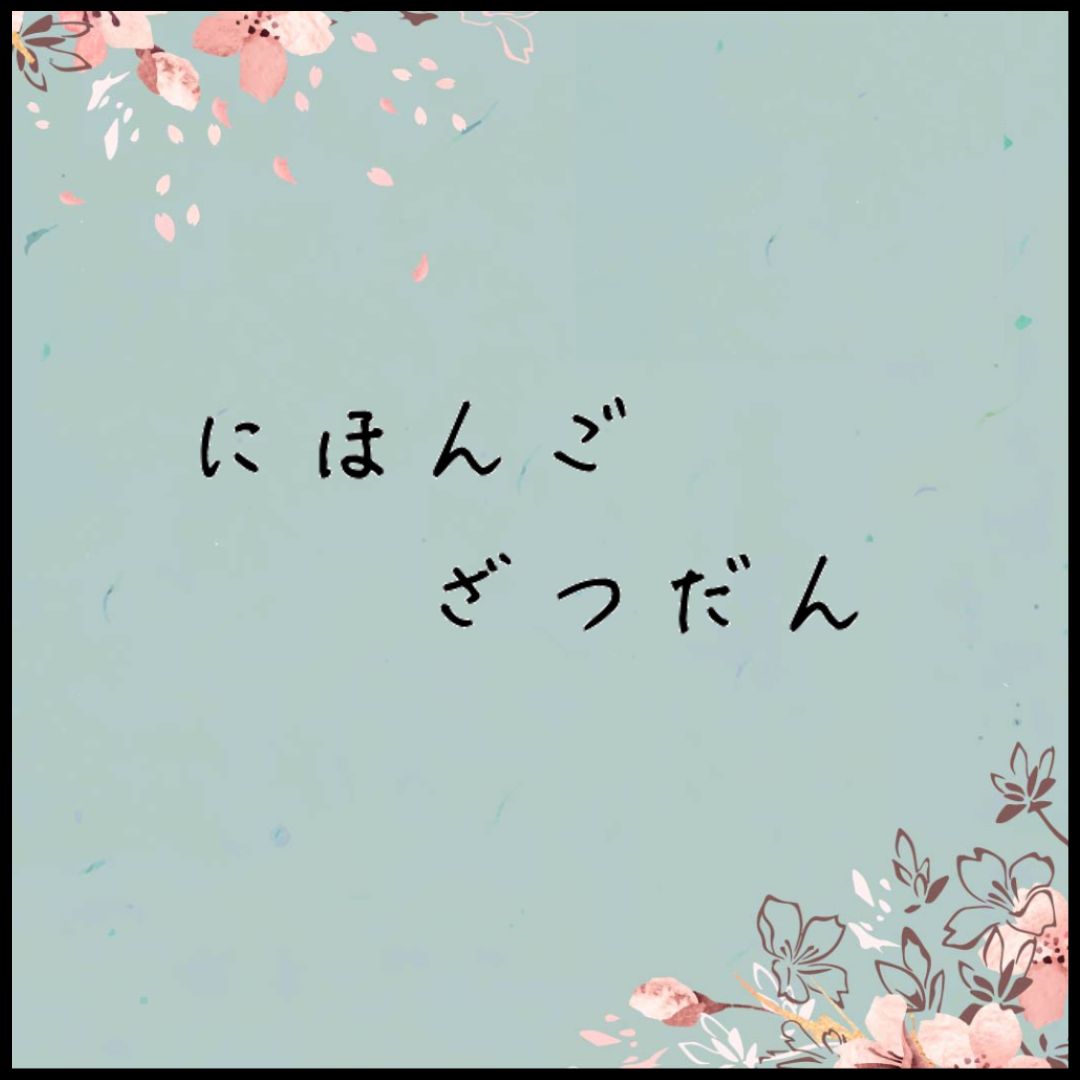
Episode 31:お気に入りのカレンダー
Opis
明けましておめでとうございます!
ポッドキャストの更新が滞っている間に年が明けてしまいました!
皆さんは新年のカレンダーを買いましたか?
今回は、フミがお気に入りのカレンダーについて話します。
※去年の秋に収録したものなので、少し季節外れな会話があります。
Happy New Year!
While we have not been updating the podcast, the New Year has come!
Have you bought your New Year's calendars?
This time, Fumi talks about his favorite calendar.
*We recorded this podcast last fall, so the conversation is a bit out of season.
♤ キーワード
・縁起がいい(えんぎがいい:bring good luck)
・六曜(ろくよう:The traditional Japanese calendar system used to indicate the perceived luck or fortune of each day. There are 6 labels and often referenced for scheduling events like weddings or funerals. While their use is rooted in superstition, the Rokuyo system remains widely referenced in Japan for scheduling ceremonies and selecting auspicious dates.)
1. 先勝 - Senshō / Sakikachi (good for starting things, good in the morning)
2. 友引 - Tomobiki (good day, should avoid funerals)
3. 先負 - Senbu / Sakimake (good afternoon, bad morning)
4. 仏滅 - Butsumetsu (extremely unlucky)
5. 大安 - Taian (very lucky )
6. 赤口 - Shakkō (lucky only during the hour of the horse (11 a.m. to 1 p.m.), awfully unlucky at other times)
・寅の日(とらのひ:The golden pattern of the tiger is a symbol of money, so the day of the tiger is especially associated with money luck.)
・一粒万倍日(いちりゅうまんばいび:The day that you can get hundreds of times harvest from a grain of seed. So it’s believed many benefits are received from very little.)
・怪我の功名(けがのこうみょう:One of the Japanese proverbs that means a mistake or careless action leading to a fortunate result. It is an unexpected success born out of a failure.)
・待てば海路の日和あり(まてばかいろのひよりあり:One of the Japanese proverbs that means”Everything comes to him who waits.”)
♧ 理解度チェッククイズ
1. フミは毎年どんなカレンダーを買っている?
2. それはどうして?
♢ 前回のクイズの答え
1. フミが最近気になっている言葉は?
→ 界隈
2. それはどういう意味?
→ 〜(する)人たち
3. 元々どこで使われていた言葉?
→ TwitterやInstagramなどのSNSで使われていた
BGM special thanks:MusMus
Kanał podcastu
アヤさんとフミさんの日本語雑談(Aya and Fumi’s Japanese Chit-Chat)
Autor
Wszystkie odcinki
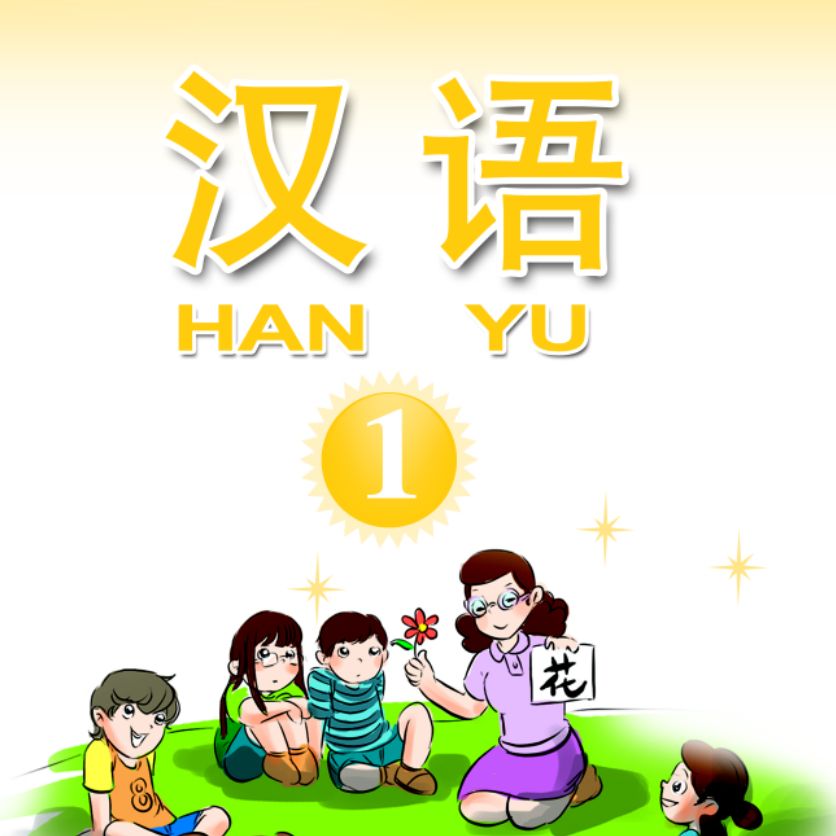
Drills in Chinese Pinyin_ syllables with compound finals
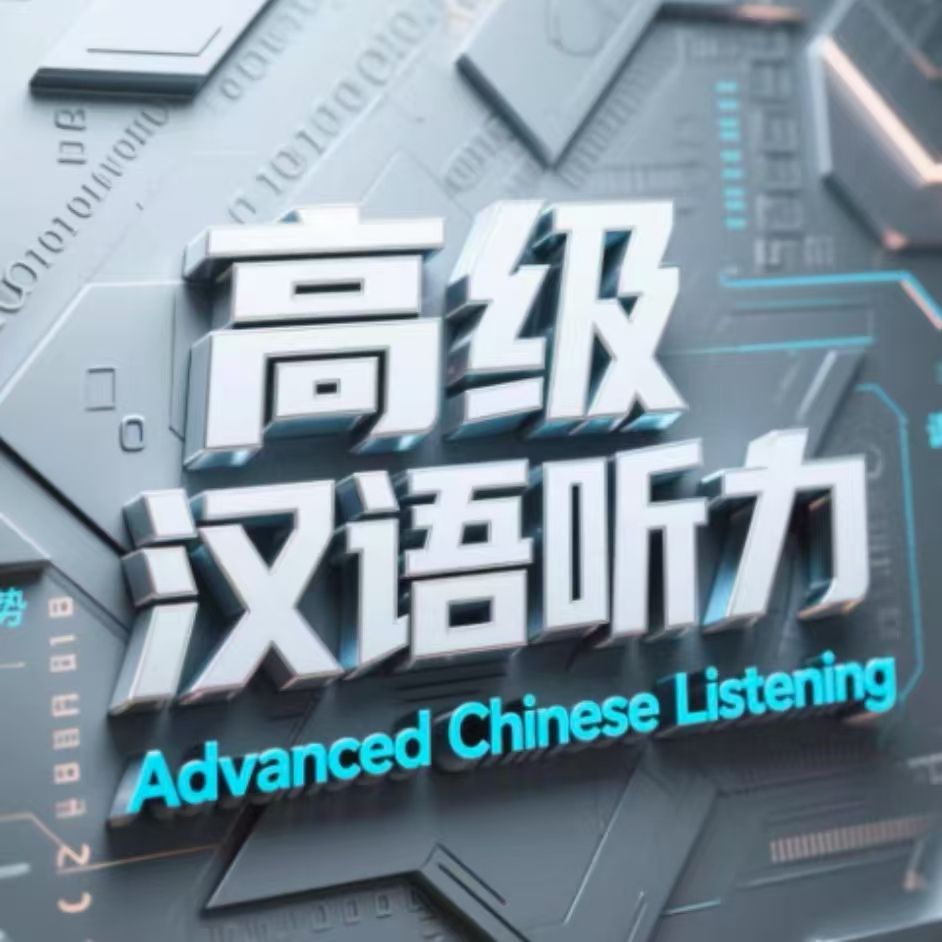
十二生肖 Chinese Zodiac
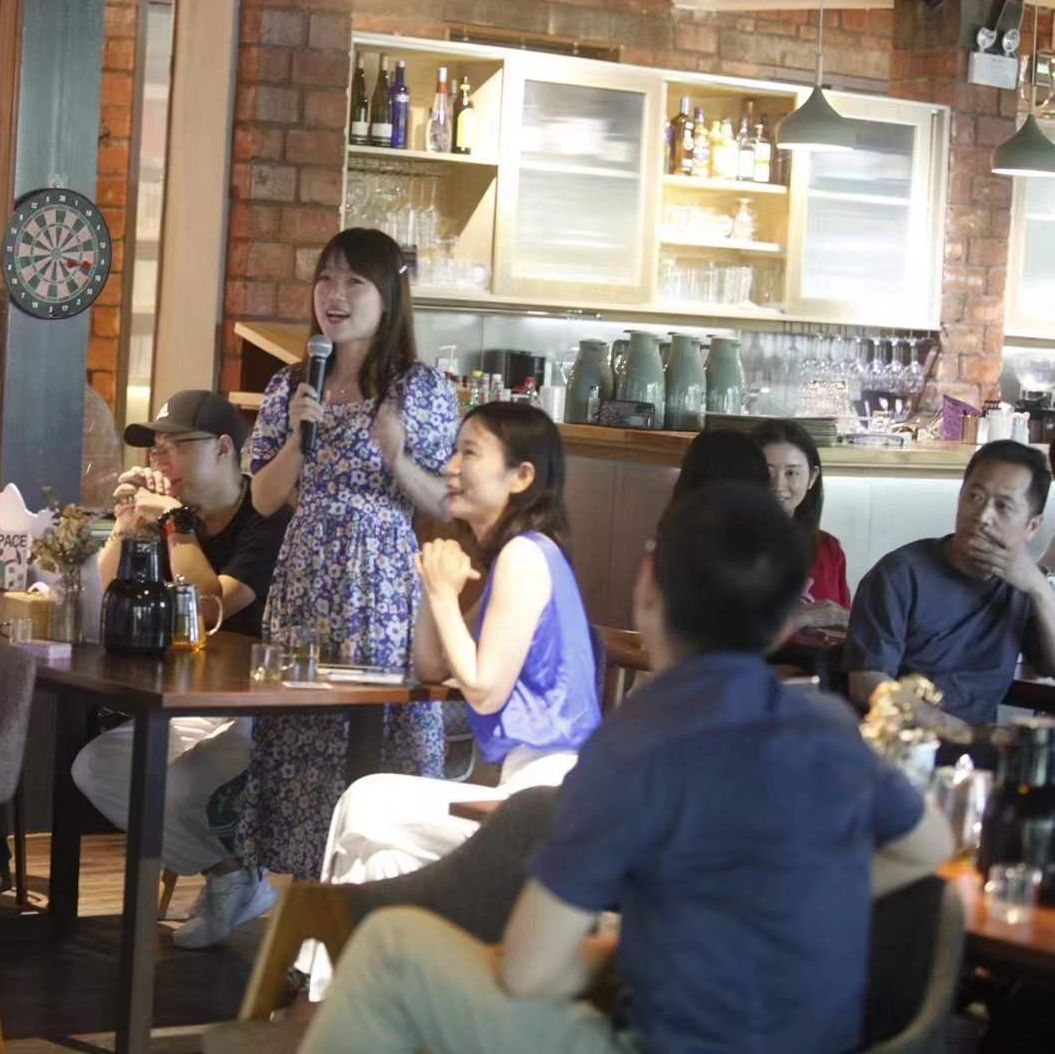
你会AA制吗?(二)正方:AA制好处多
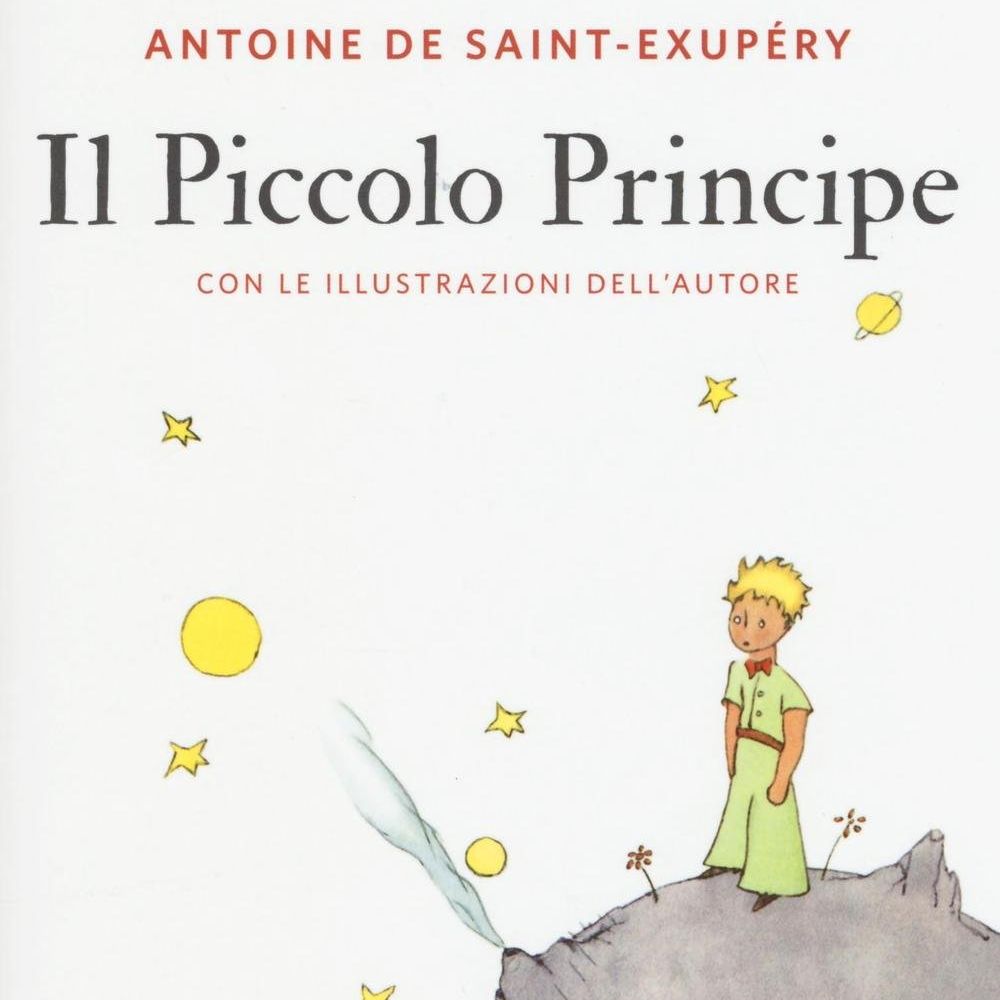
🌖 CAPITOLO 8

'Check Out' and 'Checkout' Mean Different Things!

Google and Microsoft hit by advertising slowdown

Word Of The Day

It's the GLOW UP SEASON: 2024 SKIN CARE
Popularne odcinki

Who says Chinese is hard? 谁说中文很难
Drills in Chinese Pinyin_ syllables with compound finals

HSK 5 & Superior Soundscapes
十二生肖 Chinese Zodiac

Ruby say Chinese culture
你会AA制吗?(二)正方:AA制好处多

📖 IL PICCOLO PRINCIPE di Antoine de Saint-Exupéry
🌖 CAPITOLO 8

All About English and How You Learn It!
'Check Out' and 'Checkout' Mean Different Things!

The Breaking News Podcast
Google and Microsoft hit by advertising slowdown

LEARN BY LISTENING
Word Of The Day

FLO TALKS
It's the GLOW UP SEASON: 2024 SKIN CARE